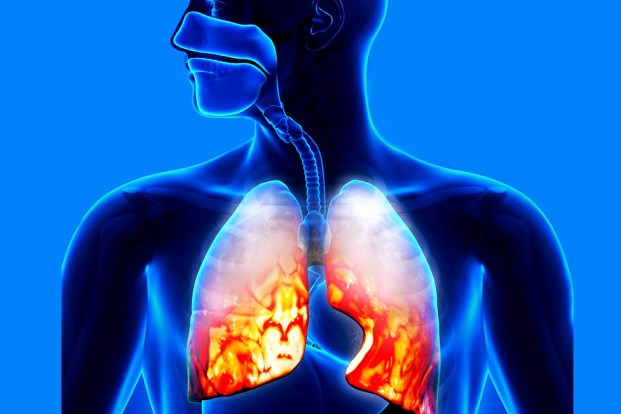What are the Types of Pneumonia?
Apr 19, 2022
Pneumonia can be defined as an ailment that affects the airways. The same causes inflammation in the lungs, making it difficult for one to breathe. This type of disease can affect any age group and sex. In fact, Pneumonia is one of the most common reasons for infant mortality in India. One needs to be aware of the signs, symptoms associated with Pneumonia. Another important aspect is to understand that there are types of Pneumonia. The treatment protocol depends on the type that the patient is infected with. The type of Pneumonia depends on the type of organism that causes the inflammation, such as bacterial pneumonia, viral pneumonia, or fungal pneumonia.

Pneumonia Types :
Types of pneumonia that are commonly referenced include the following:
Bacterial pneumonia is of much greater concern. These infections can usually be treated effectively with antibiotics, but if left untreated, can be a cause of death, particularly in those who have compromised immune systems and airways, such as people with COPD.
So, although bacterial pneumonia is more easily treatable than the viral type, it is also the greater threat to health and life.
It’s also important to note that sometimes viral pneumonia, or another milder viral infection such as the common cold or influenza, can weaken already inflamed COPD airways and lead to infection with bacteria.
Mycoplasma pneumonia: Generated by Mycoplasma pneumonia, an “a typical bacterium” that is considered to be one of the smallest agents that affect humans. That is why this type of pneumonia is also called at typical or walking pneumonia.
Mycoplasma pneumonia affects people of all age groups, but it is more common among people who are less than 40 years old. The disease can be transferred easily by respiratory fluids, leading to regular epidemics.
Aspiration Pneumonia: Aspiration pneumonia is caused by aspiration of foreign objects into the lungs. Generally, food, drink, or stomach contents are inhaled into the lungs, and this leads to pus formation and inflammation. This kind of pneumonia causes difficulty swallowing, trouble breathing, and a decreased gag reflex.
Viral pneumonia: Respiratory viruses are often the cause of pneumonia, especially in young children and older people. Viral pneumonia is usually not serious and lasts for a shorter time than bacterial pneumonia.
Mycoplasma pneumonia: Mycoplasma organisms are not viruses or bacteria, but they have traits common to both. Mycoplasmas generally cause mild cases of pneumonia, most often in older children and young adults.
Fungal pneumonia: Fungi from soil or bird droppings can cause pneumonia in people who inhale large amounts of the organisms. They can also cause pneumonia in people with chronic diseases.









